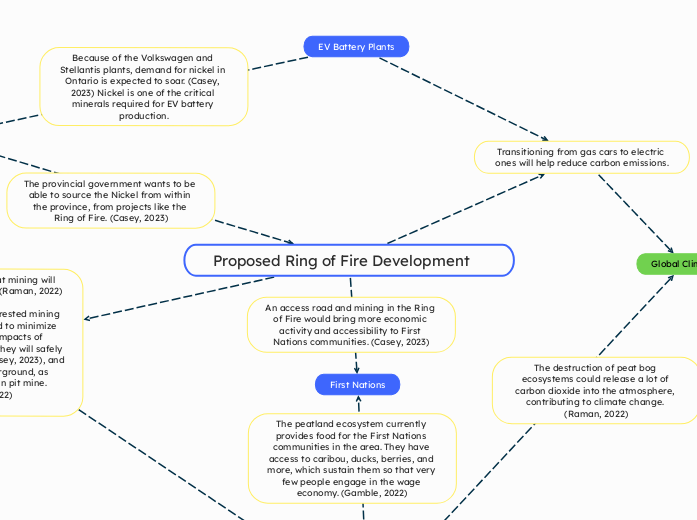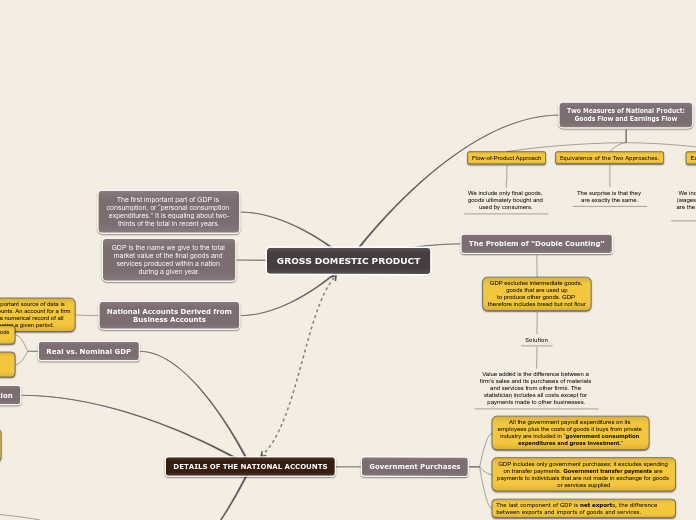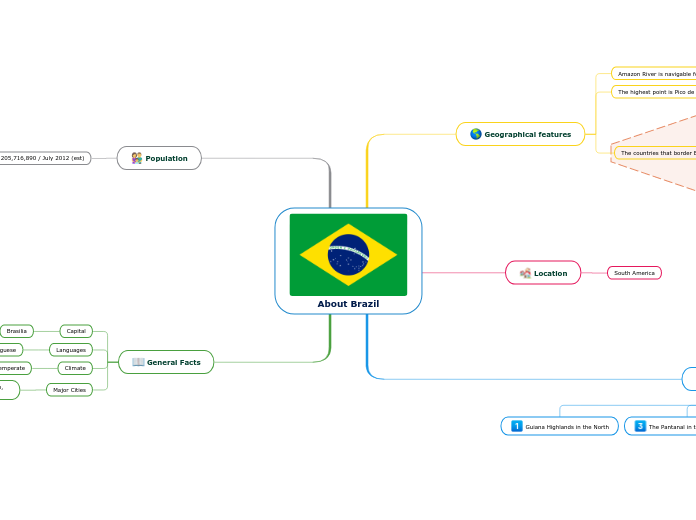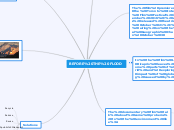jonka Alexander Lam 11 kuukautta sitten
92
Proposed Ring of Fire Development
The discussion centers around the environmental and socioeconomic impacts of mining for nickel, copper, and platinum in the peat bog ecosystems of the Ring of Fire region. The provincial government is keen to source these minerals locally to support the growing demand from electric vehicle battery plants, which are crucial for reducing carbon emissions.









